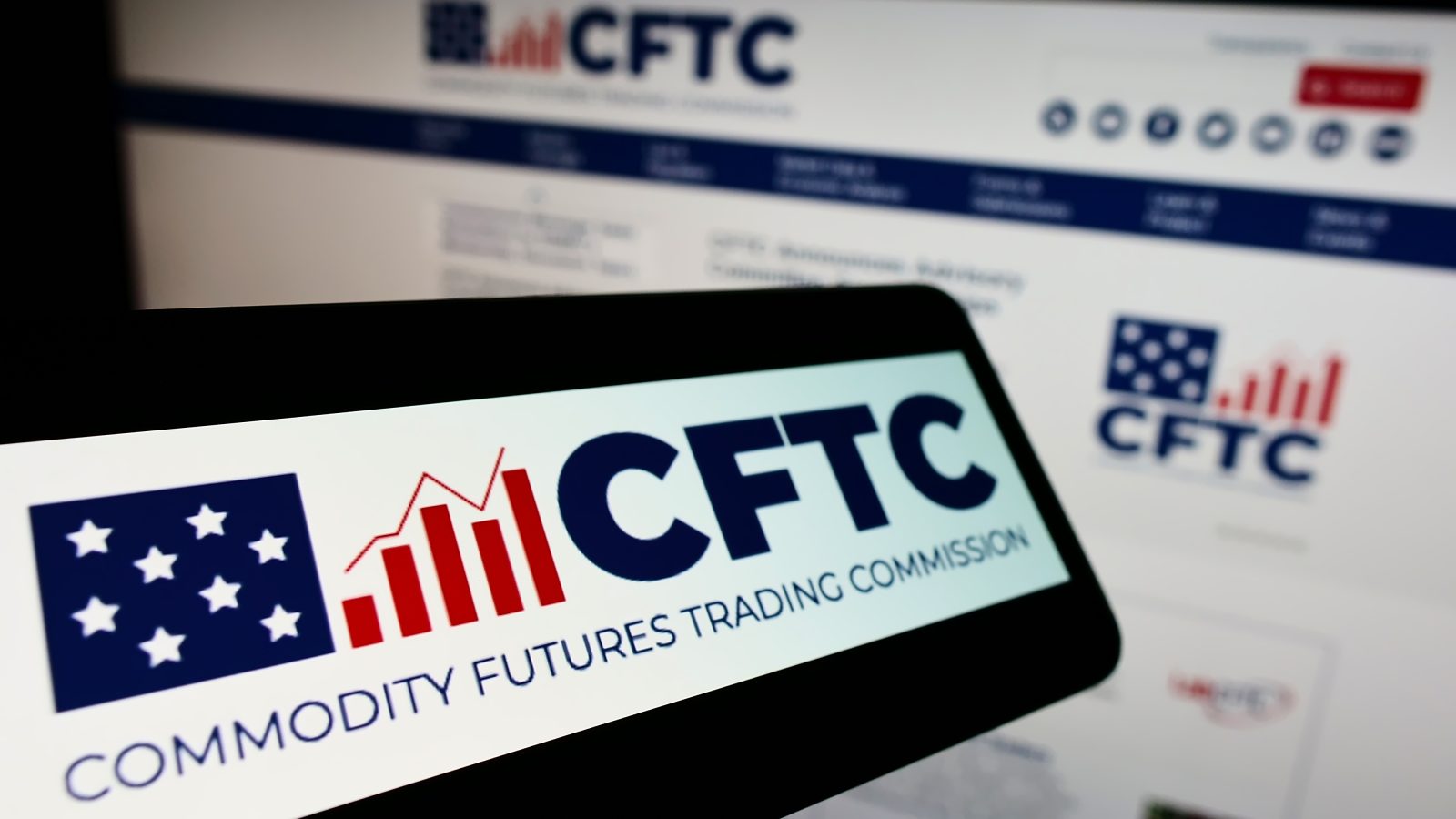The first state-regulated sportsbook (or in this case, sportsbook-like) entity has petitioned the Commodity Futures Trading Commision (CFTC) in an effort to allow its product to be in all 50 states.
Sporttrade has asked the CFTC to let it operate its sports prediction market nationwide so it can avoid “irreparable harm” due to a competitive disadvantage, according to Sportico, which broke the story Wednesday afternoon.
Sporttrade, which operates in Arizona, Colorado, Iowa, New Jersey, and Virginia, offers basically the same product as Kalshi — sports futures event trading — but is regulated like a sportsbook in the states where it operates.
CEO Alex Kane told Sportico he’s not concerned that his petition to the CFTC will lead to backlash from state regulators, despite six states — including New Jersey — filing lawsuits against Kalshi (and others), claiming the companies are offering sports betting without state approval.
“I haven’t feared [retaliation] for a second,” Kane told Sportico. “I know our regulators well.”
Kane’s decision to enter into the CFTC waters comes on the heels of DraftKings apparently taking its toes out of the water.
In March, DraftKings abruptly took back an application with the National Futures Association (NFA) that would have allowed “DraftKings Predict” to offer sports prediction markets in all 50 states, also under the umbrella of the Commodities Futures Trading Commission.
Asking for no-action
As for Kane, his letter is asking for a “formal no-action relief request” to “accept trades on event contracts without formal federal registration,” Sportico reports.
Kalshi — which does not acknowledge its product as sports betting — is firmly in Kane’s crosshairs.
“You’re not going to hear me say this isn’t sports betting,” Kane said. “That’s a ridiculous comment.”
Despite the potential regulatory complexities, Kane sees benefits in working with the CFTC to foster competition among prediction market platforms, he told Sportico. He believes these platforms offer consumers advantages over traditional sportsbooks, including better potential returns and no restrictions on users who win too frequently.
Kane sees a future where state regulators maintain some oversight of sports event futures contracts even with CFTC involvement, he told the site. For Sporttrade to survive in this scenario, however, the executive believes the company needs to achieve nationwide reach during what he describes as “the current uncertainty regarding even the medium-term outlook for sports event contracts.”
According to Kane, expedited CFTC approval would “encourage an open and fair capacity to offer sports event contracts, giving consumers choice among like options that all provide safe, regulated, and compliant experience,” he told the site.
Kane has had his eye on this opportunity for a while, by the way. In 2020 he co-authored a Bloomberg Law article with Jones Day attorney David Aron, formerly an attorney with the CFTC, titled, “Federal Regulation Could Sweeten the Sports Betting Pot” in which they explored the issues that are now unraveling in real time.
“[The authors] explore how states have given the clear upper hand to incumbent casinos, the related adverse effects on betting customers, and why sports bets may fall within the CFTC’s jurisdiction,” the article reads.





